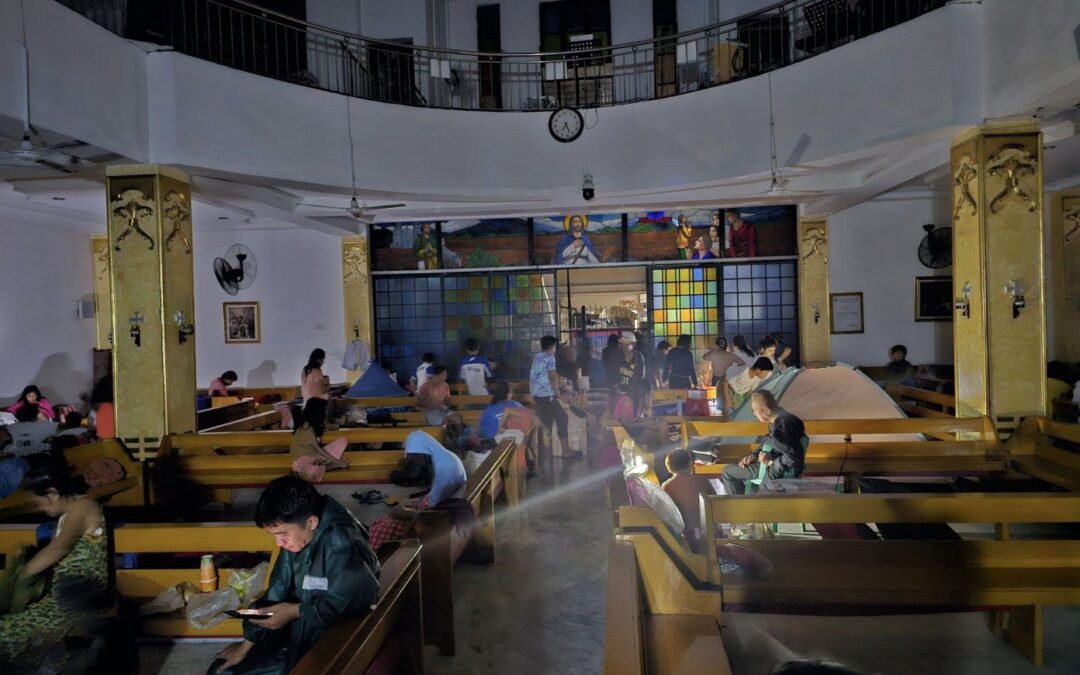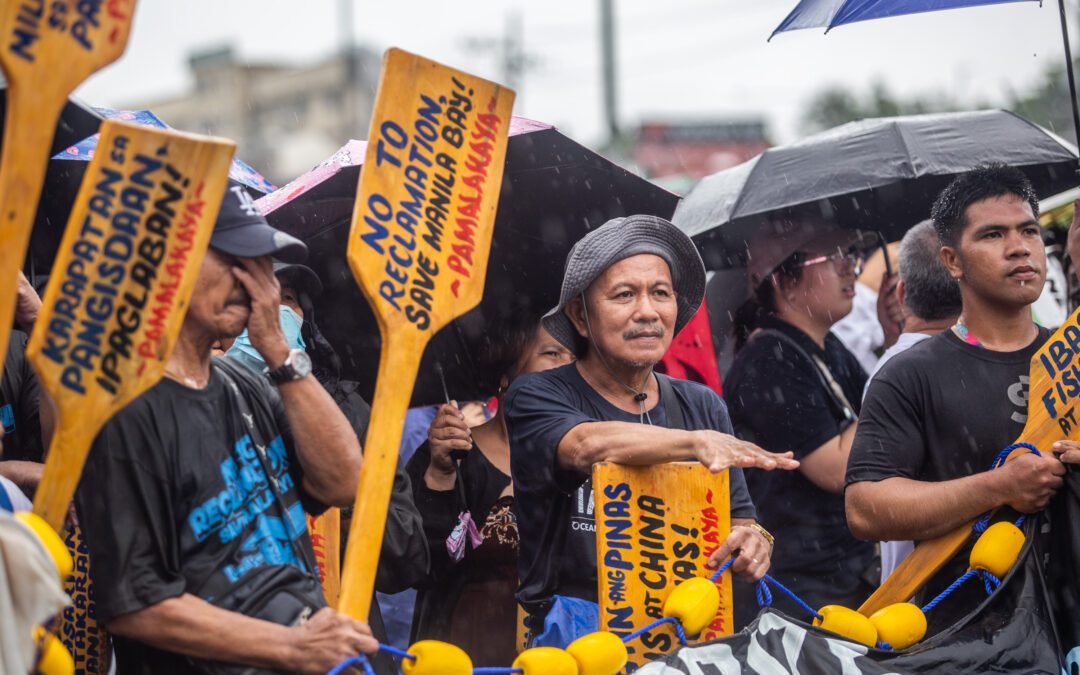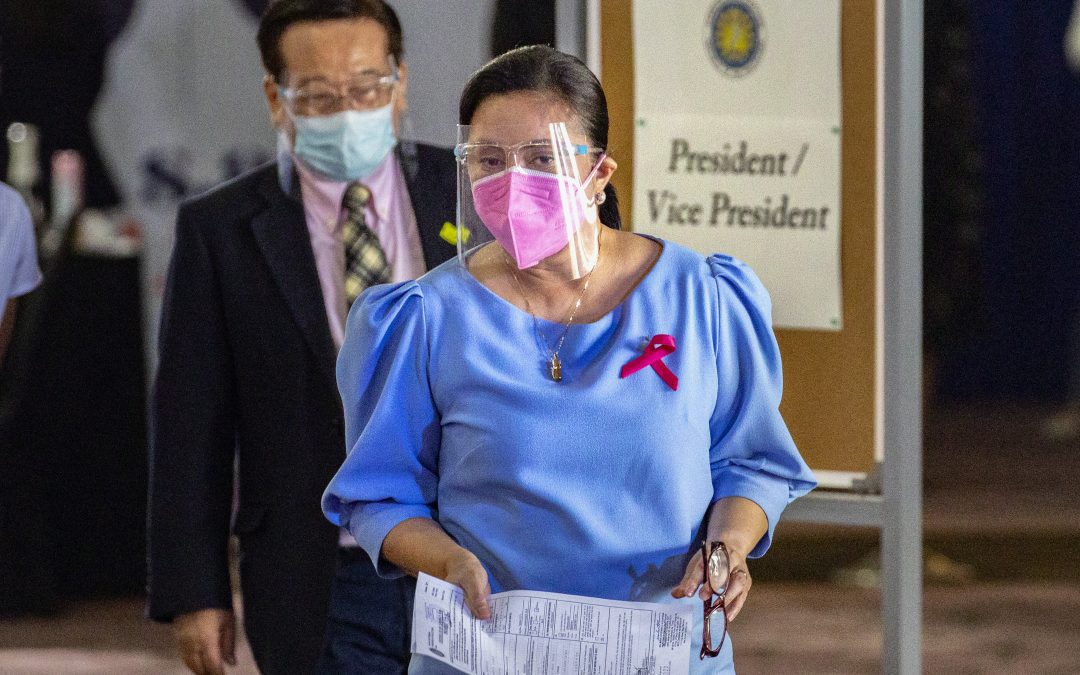
The Diocese of Marbel submitted a petition against open-pit mining before the provincial government of South Cotabato in the southern Philippines on October 4.
On August 16, the diocese launched a campaign demanding the local government to “stand firm in its duty to ensure the safety, convenience, and well-being of its constituents.”
The campaign has already gathered some 78,229 signatures, 32,801 signatures from the province while 45, 428 signatures came from other regions.
The submission of the petition coincided with the celebration of the Feast Day of Saint Francis of Assisi, the patron saint of ecology.
In a statement, the diocese reiterated its “call to protect the South Cotabato Environment Code by upholding Section 22 (b), which prohibits open-pit mining in the province.”
“Today, we will submit the signatures to the Sangguniang Panlalawigan as we are aware that they continue to conduct consultations relative to the proposed amendment of the Environment Code,” the statement read.
The diocese said it hoped that legislators will include the signatures “as an important factor in the decision-making… that involves the quality of life of the present and future South Cotabateños.”
In March, the Municipal Council of Tampakan passed a resolution seeking the lifting of the provincial ban on open-pit mining.
The existing ban is reported to be the reason behind the delay of the development of the Tampakan Mining Project, Southeast Asia’s largest known undeveloped copper and gold minefield.
The Tampakan copper-gold mine in Mindanao is the single largest foreign direct investment in the Philippines.
It has the potential of yielding an average of 375,000 tons of copper and 360,000 ounces of gold per year.
The mining project will affect at least 32 percent of agricultural lands and 75 percent of forested areas in the provinces of South Cotabato, Sultan Kudarat, Sarangani, and Davao del Sur.
“We reject the destruction of land and life in South Cotabato and its neighboring provinces, in the name of profit that will only benefit the few,” the diocese said.
It added that it “refuse[s] the lies and confusion sown by the powerful and the continued marginalization of the weak and the poor, especially the voiceless.”
The diocese said it “recognize[s] the rights of nature and the benefits that come with protecting the environment and natural resources.”
“We renounce the Tampakan Mining Project. The project fails to convince us that it will bring genuine, sustainable, and equitable development,” the statement read.
The diocese reaffirmed its stand that the mining project “threatens our food supply, watersheds, water sources, the safety and well-being of the people, including disregard of environmental regulations.”
It also stressed that the destructive extraction project “increases the risks of disasters due to climate change.”
“The Provincial Environment Code (PEC) and its provision that specifically bans open-pit mining must be upheld,” the diocese said.
The diocese urged public officials to legislate laws to “promote social and environmental protection as well as inter-generational equity.”
“As we turn over these signatures, we continue to trust that our Provincial Board members are on the side of the environment and the people of South Cotabato,” the diocese said.






0 Comments